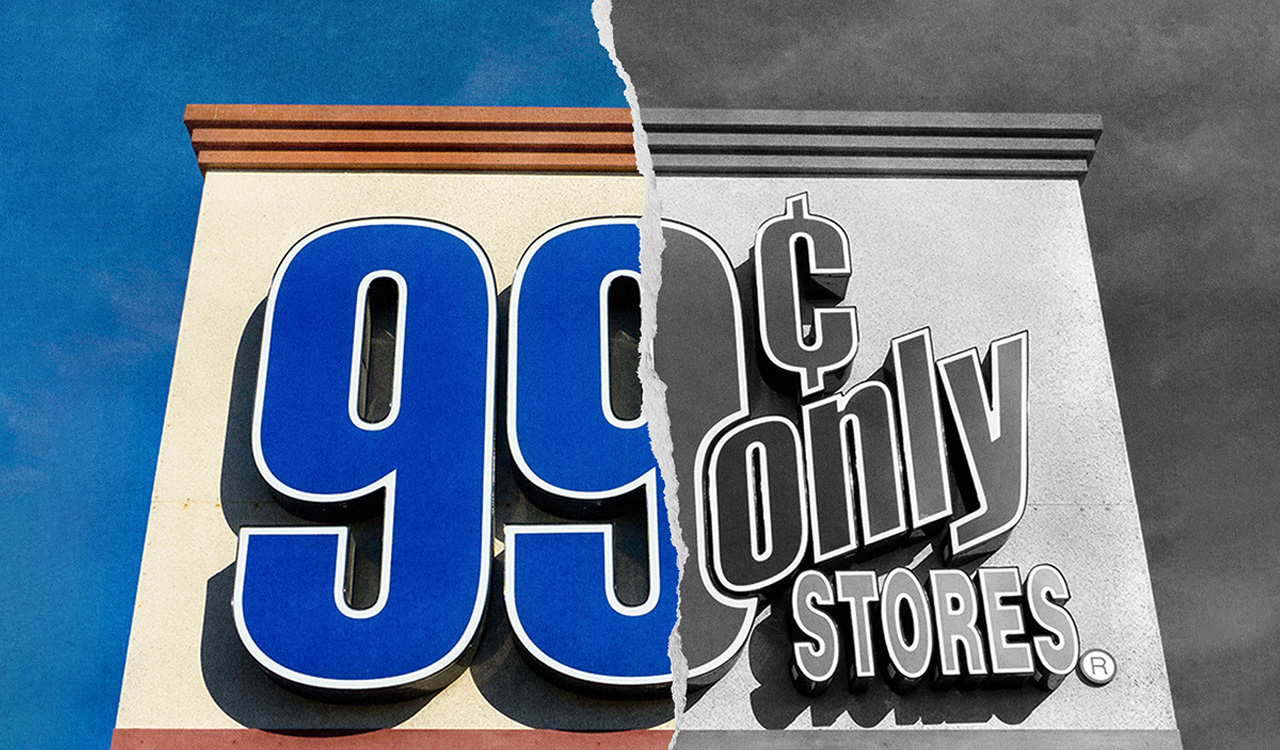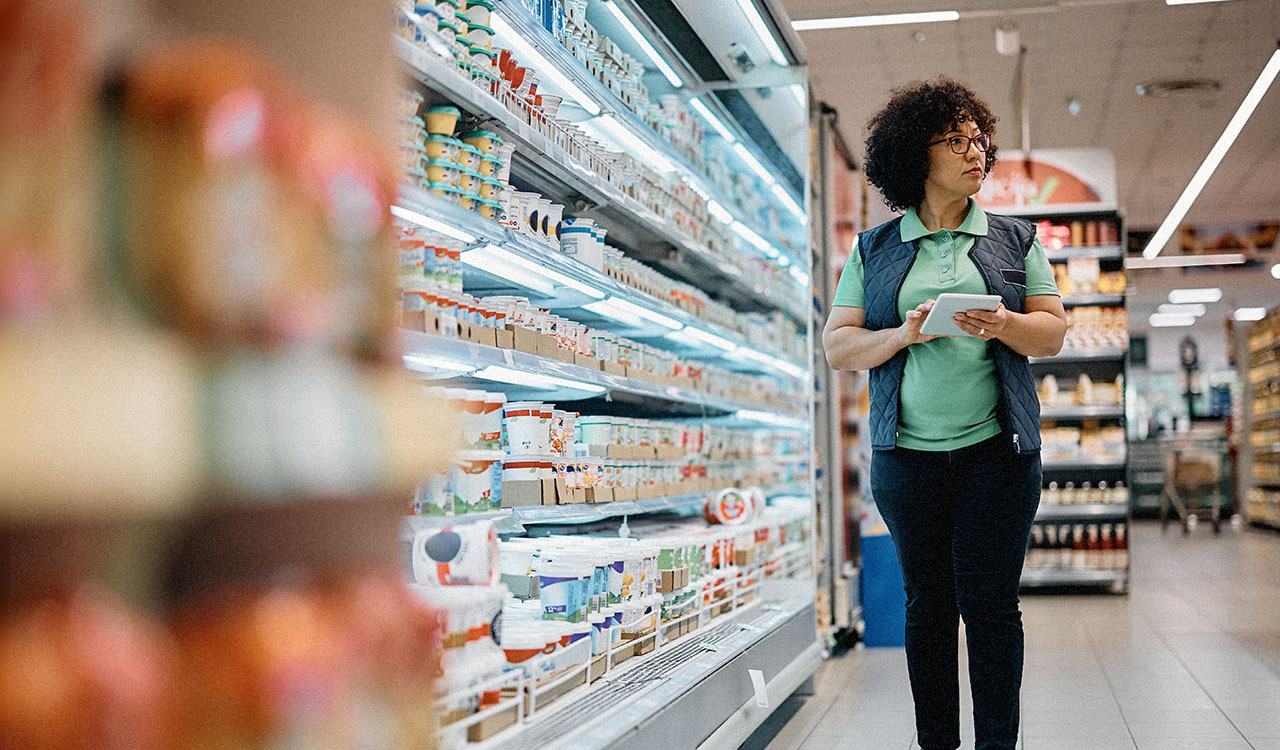Econovirus opportunity: and I\’m not talking about investing in opportunistic products like toilet paper, hand sanitizers and bleach. I\’m not talking about an ironic opportunistic way to avoid what I believe will be a severe global recession. I\’m talking about an ironic opportunity that an economic collapse can provide retailers if they have the fortitude to take advantage of it. It\’s an opportunity to reboot the entire competitive pricing structure of the industry, back to the day when discounting was used infrequently only to get rid of excess inventory, as a weapon of choice vs. the strategic weapon of necessity it has become. In other words, back in the day when one could make money.
As coined by my colleague and co-author, Margaret Bishop, adjunct professor of Strategic Management, Global Business at Parsons School of Design, econovirus is an opportunity to turn a lemon (economic downturn) into lemonade.
The Economy in the Crosshairs
Right off the bat (no pun intended), let\’s understand clearly that in hindsight we may view the effects of coronavirus to have been much more disastrous on the global economy than on the overall health and/or death of human beings. I don\’t mean to be harsh; any human loss is a huge loss. As I write, the economic scenario has just been compounded by Saudi Arabia firing the first shots in a price war, as a stick in Russia\’s eye who would not agree to a production pull-back. So, Saudi Arabia, which has market-breaking capacity now ramps up their production to protect their market share. In the meantime, because of the virus, oil demand is going to plummet, which will drive prices down even further – ultimately forcing minor players out of business.
[callout]It’s an opportunity to reboot the entire competitive pricing structure of the industry, back to the day when discounting was used infrequently only to get rid of excess inventory, as a weapon of choice vs. the strategic weapon of necessity it has become.[/callout]
Back to the econovirus. The aftermath will not be a V curve, such as the quick recovery from the likes of a hurricane or earthquake when, in fact, the economy actually gets a little boost from the rebuild. This is not your run-of-the-mill financial meltdown that the Fed can juice up demand and investment by lowering the interest rates. More money in consumers\’ pockets is not going to compel them to go on a cruise, hop on a plane, go to the mall or rock concerts, that are being canceled anyway. And why would businesses borrow \”free\” money to build more cruise ships, more planes, etc. and so on, when there will be no demand? You get the picture.
This virus is attacking both the supply and demand sides of the economy, pushing both sides down. And fire hosing either side with billions of dollars isn\’t going to reverse the downward vortex. The virus doesn\’t know or care about economics.
Coronavirus Collateral Damage
First of all, even before the virus and beginning as early as the late 1980s, the imbalance of too much supply chasing too little demand was raising its ugly head. It was the beginning of the end of full-priced product, across most consumer-facing industries. Shoppers retrenched during the recession that began in 2007. Commercial rents remained high under long-term leases. Production costs escalated, driven by wage increases in China, Vietnam, Cambodia, and elsewhere around the globe. Consumers learned to buy only on discount, as brands and retailers fought for market share in an over-supplied economy by lowering prices even further. A trade war with China then sparked an explosion of tariff uncertain and much handwringing about what to do. No price tier was safe, as the former heads of Barneys and Forever 21 can affirm.
And while this dynamic continues to play out, the good news/bad news of sustainability and consumer concerns about the environment has encouraged growth in buying second-hand (pre-owned) and opting to rent vs. own. This, on top of price wars, just adds to the race to the bottom of discounting that will surely lead to the failure of many businesses that can\’t find more costs to cut. I don\’t even want to start talking about the billions of dollars retailers must now invest in technology and the huge hit they must take on their bottom lines.
Yet another hit in the apparel space is the fast-fashion model of buy more and cheaper, wear it less often, and discard it fast so you can buy more has lost its luster with many consumers, which is good for the environment, but bad for revenues. While some retailers launched their own re-commerce and/or rental programs, others have responded by offering further discounts on new apparel when shoppers bring back their pre-worn clothes.
How could things get worse? Try the stealth and almost immediate worldwide spread of Coronavirus.
On the supply side, it has closed factories and disrupted shipping ports around the world. Essentially, it has ripped supply chains apart across many industries. So, while many products were being produced just before the outbreak and are just now being shipped, consumers may not experience shortages or out-of-stock products for a few more weeks. However, as the royal dynasties say, \”winter is coming\” (read: scarcity). No price tier is immune. So, even if a healthy cohort of consumers want to buy, they will find less of a selection and fewer items. Scarcity will define the supply side for months.
Lemons into Lemonade
Hit the pause button. Am I actually thinking about scarcity in this world that pre-virus had more stores and stuff in it than consumers would ever need? Remember when there was too much supply chasing too little demand, and Econ 101 taught us that for businesses to grow, they would have to offer consumer something newer, better or cheaper? As it has been playing out, more suppliers have opted for the \”low hanging fruit\” path of least resistance: discounting.
So, Econ 101 also tells us that the opposite is actually true. Scarcity, when there is more demand chasing too little supply, causes consumers to be willing to pay more. Does this suggest an exit from discounting?
Come on now!!! Impossible. And who would be the first retailer with enough guts to raise prices? We all witnessed Ron Johnson\’s JC Penney disaster when he stopped discounting on day one of his turnaround strategy. Even so, to actually raise prices would be a suicidal move, would it not?
The Ironic Opportunity
Not so fast on pricing suicide. I believe the econovirus could indeed level the playing field, returning equilibrium to the pre-virus supply and demand imbalance, making it easier for everyone to raise prices. Therein lies the lemonade. Supply disruptions that reduce inventory offer the legitimate excuse brands and retailers need to reverse the overproduction and deep discounting they have come to depend on and now regret. Make less, sell at full price, meet profit goals on lower volume and higher margin. And reduce pervasive waste across multiple industries.
Econovirus: lemons into lemonade.



